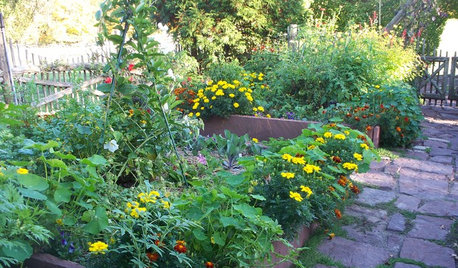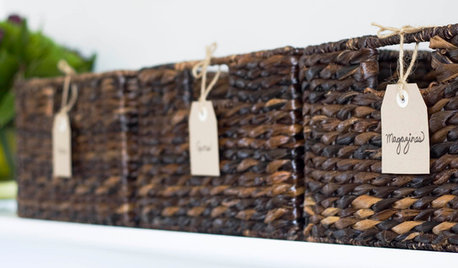Organic Seed vs Non-organic
pushindirt
16 years ago
Featured Answer
Sort by:Oldest
Comments (31)
Kimmsr
16 years agorobin_maine
16 years agoRelated Professionals
Brooklyn Center Landscape Architects & Landscape Designers · Choctaw Landscape Contractors · East Haven Landscape Contractors · Eureka Landscape Contractors · Mercedes Landscape Contractors · Mount Sinai Landscape Contractors · Wareham Landscape Contractors · Winchester Landscape Contractors · Landover Outdoor Lighting & Audio Visual Systems · Fredericksburg Decks, Patios & Outdoor Enclosures · Cape Coral Decks, Patios & Outdoor Enclosures · Fullerton Decks, Patios & Outdoor Enclosures · Oswego Decks, Patios & Outdoor Enclosures · Palmetto Decks, Patios & Outdoor Enclosures · San Diego Decks, Patios & Outdoor Enclosurespushindirt
16 years agobuffburd
16 years agopushindirt
16 years agotrancegemini_wa
16 years agopushindirt
16 years agotrancegemini_wa
16 years agoKimmsr
16 years agopushindirt
16 years agocrankyoldman
16 years agopushindirt
16 years agokasmiller25_hotmail_com
16 years agopushindirt
16 years agodavid52 Zone 6
16 years agoKimmsr
16 years agopaulns
16 years agothesummertime_gmail_com
15 years agoemyers
15 years agocrankyoldman
15 years agorangerbubba
15 years agoskagit_goat_man_
15 years agonate6172
15 years agoorganicguy
15 years agoekgrows
15 years agojacobjguntorius_hotmail_com
14 years agojustaguy2
14 years agofarmersteve
14 years agoDan _Staley (5b Sunset 2B AHS 7)
14 years agofreq_band
9 years ago
Related Stories

ORGANIZINGSmall Steps to Organizing Success
Take care of bite-size projects, and your home's big picture will be an organized dream before you know it
Full Story
INSPIRING GARDENSFrom Concrete Lot to Gracious Organic Garden in Seattle
Plants, pests and even weeds have a place in this landscape, which offers an edible bounty and a feast for the eyes
Full Story
GARDENING GUIDESHow to Switch to an Organic Landscape Plan
Ditch the chemicals for a naturally beautiful lawn and garden, using living fertilizers and other nontoxic treatments
Full Story
GARDENING GUIDESOrganic Matters: Thwart Insect Pests With Trap Crops
Add a few sacrificial plants to your garden to lure insects away from the harvest
Full Story
KITCHEN DESIGN12 Great Ideas for Organization In the Kitchen
Spring cleaning? Here's how to whip your kitchen into shape
Full Story
ORGANIZINGGet Organized: Are You a Piler or a Filer?
Tote out the bins and baskets and learn how to be an organized piler if file cabinets leave you cringing
Full Story
KITCHEN DESIGNGet It Done: Organize Your Kitchen Drawers
Clear 'em out and give the contents a neat-as-a-pin new home with these organizing and storage tips
Full Story
ORGANIZINGYour Total Home Organizing and Decluttering Guide
Take it slow or be a speed demon — this room-by-room approach to organizing and storage will get your home in shape no matter how you roll
Full Story
ORGANIZING4 Questions to Help You Organize Your Favorite Photos
Organize your keeper photos with a system that's just right for you, whether it's in the cloud or you can hold it in your hand
Full StorySponsored
Columbus Area's Luxury Design Build Firm | 17x Best of Houzz Winner!
More Discussions








Kimmsr